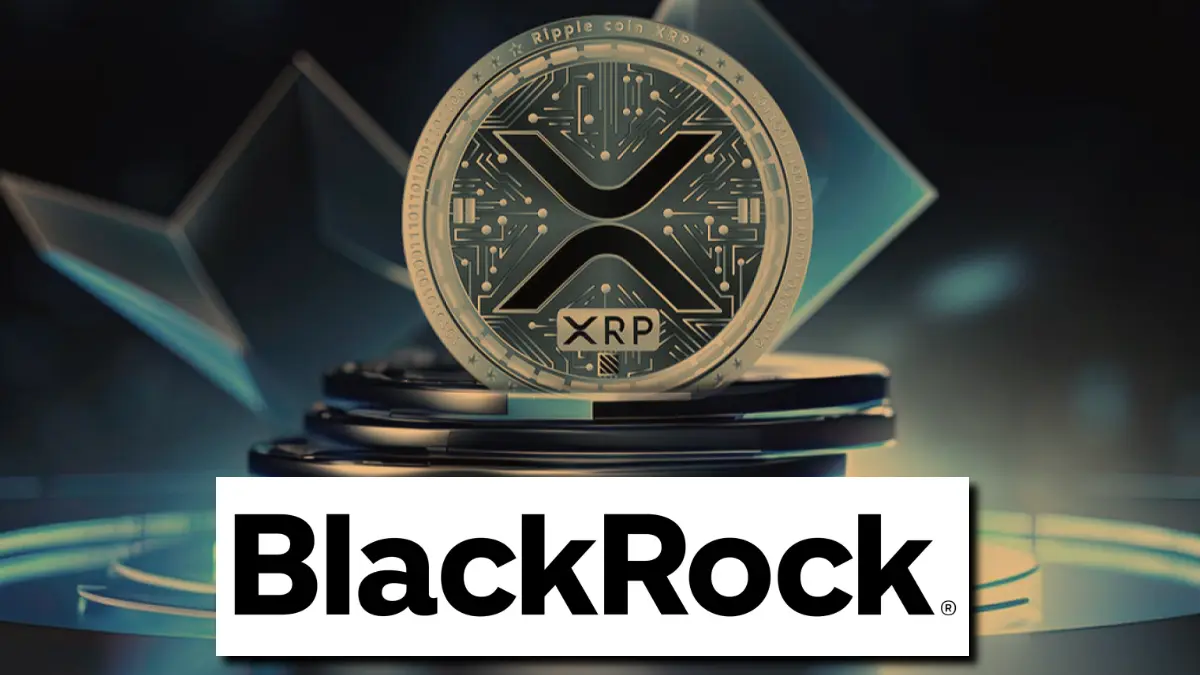BlackRock, the world’s largest asset manager with $11.6 trillion under management, has not yet filed for an XRP exchange-traded fund. This development stands out as several other financial institutions accelerate their involvement in XRP-backed ETFs.
All Things XRP, a notable account on X, reports that BlackRock devotes most of its attention to Bitcoin and Ethereum funds, which demonstrate strong performance.
The iShares Bitcoin Trust has achieved more than $30 billion in assets under management, and the Ethereum ETF from the firm reached one billion dollars in just sixty days after its launch. BlackRock shows no immediate necessity to expand its crypto offerings since Bitcoin and Ethereum products attract solid customer interest.
Also Read: Oregon Sues Coinbase in Shocking Move That Could Shake Up Crypto Trading
Regulatory uncertainties surrounding XRP remain one of the primary reasons BlackRock has yet to file for an XRP exchange-traded fund. Although Ripple secured a partial legal victory against the SEC, the case has not been fully resolved.
According to All Things XRP, institutions like BlackRock remain cautious due to the lingering classification of XRP as a potential security. Despite Ripple’s progress, the absence of complete regulatory clarity presents reputational and compliance challenges that BlackRock is not willing to overlook at this stage.
BlackRock’s Strategy Suggests Preference for Risk-Free Market Entry
Insiders suggest that BlackRock’s strict internal thresholds also contribute to the absence of an XRP ETF filing. Company executives have repeatedly stated that only Bitcoin and Ethereum currently meet their standards for liquidity, legal clarity, and sustained institutional demand.
While advancing in these areas, XRP has not yet met the bar set for new investment products.
Past events may also influence the company’s cautious stance. In 2023, a false XRP ETF filing that went viral forced BlackRock to publicly deny involvement. The incident led to market confusion and may have contributed to a more reserved approach toward any XRP-related products.
Moreover, BlackRock is reportedly watching efforts from other companies, such as Grayscale and Franklin Templeton, in the XRP ETF race. This is a notable strategy as it allows competitors to face regulatory bodies such as the SEC first, and also track institutional appetite for an XRP ETF before filing.
XRP maintains a less dominant market standing than Bitcoin and Ethereum. The two assets, combined, control most of the existing crypto market value. The smaller XRP market share creates doubts about ETF viability because low volume and liquidity act as fundamental success indicators.
Due to various business and regulatory factors, BlackRock has decided against submitting an XRP ETF application. According to BlackRock’s strategy, XRP stands beneath Bitcoin and Ethereum in its ETF spectrum, and the company requires market stability alongside legal precision to add new cryptocurrencies to its portfolio.
Also Read: Oregon Snubs XRP Ruling in New Coinbase Lawsuit, Sparks Reaction
